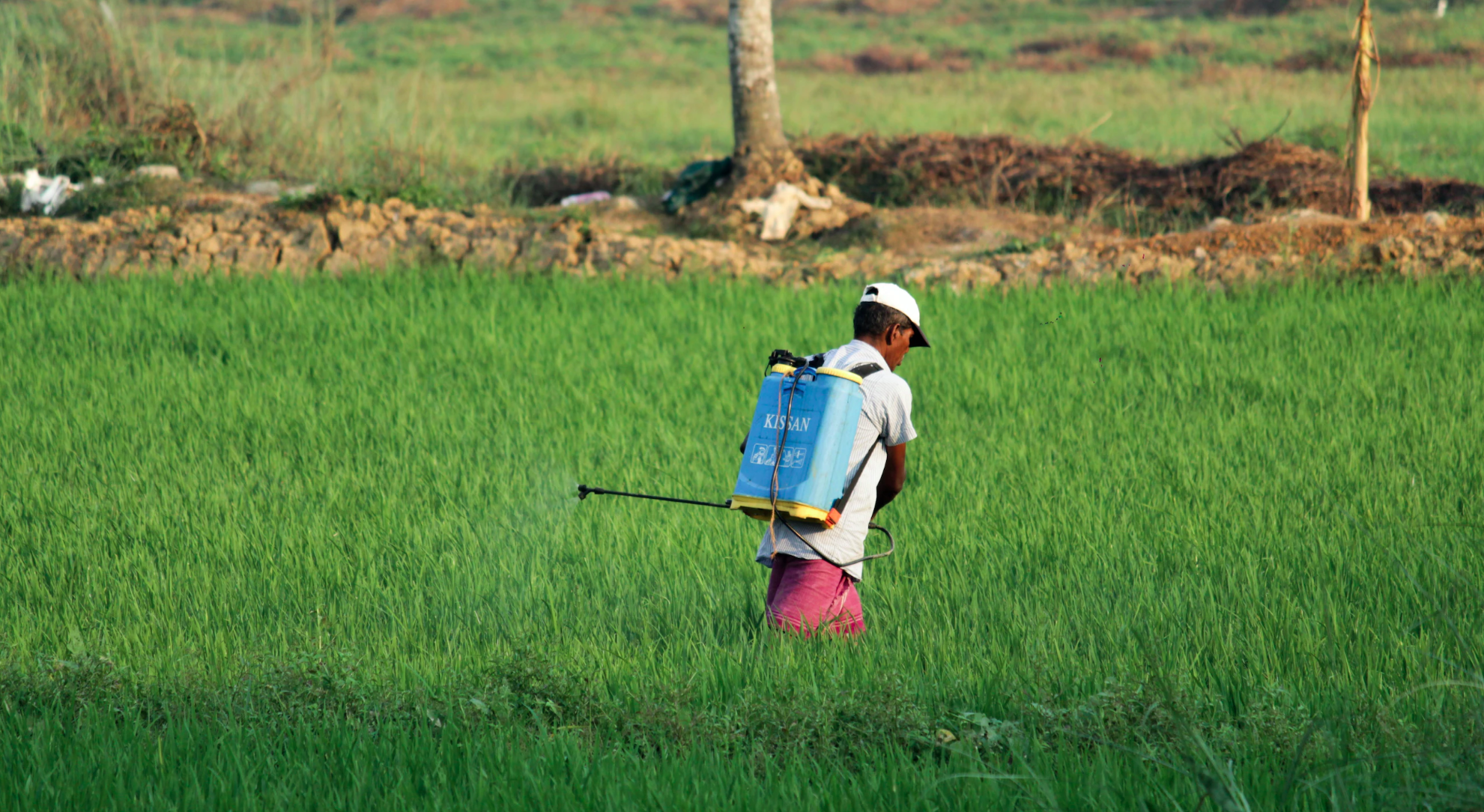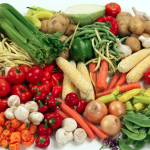What is Industrial Farming?
In the decades following World War II, industrial agriculture, commonly referred to as intensive or factory farming, gained popularity. In the USA, a new agricultural method was created that greatly boosted yield while lowering food production costs.
Why Is Our Gut Health So Important?
Recent years have seen a considerable increase in the appreciation of this microbiome ecosystem as researchers have identified an increasing number of crucial functions, ranging from
- regulating our immune system and avoiding contamination with pathogenic organisms
- aiding in the regulation of our metabolism and weight
- affecting our sleep, sleep quality, and even our circadian clock
- Of course, we also control digestive function. Additionally, we rely on our bacteria to biotransform xenobiotics (essentially, the destruction and removal of chemical compounds that shouldn’t be within us, like pesticides), which are non-digestible food fibers, proteins, and chemicals that our body needs to function.
What Impact Does Industrial Farming Have on Our Health and Gut?
The Use of Pesticides
Pesticides are poisonous substances used to kill, deter, or otherwise harm living things.
After World War II, the use of industrial synthetic insecticides increased. More than a thousand pesticides are currently in use worldwide, with usage (both in terms of quantity and variety) varied significantly among nations.
Pesticide use is thought to be over two million tonnes annually, with roughly 45% of it taking place in Europe, 25% in the USA, and 30% in the rest of the world.

By lowering considerable agricultural and livestock losses, pesticides greatly raise the yield of food producers. However, a substantial body of research relating pesticide exposure and chronic health impacts has proven that the most widely used pesticides today are hazardous to our health.
The exposure to commonly used pesticides was linked to several types of cancer, neurological problems, genetic problems, reproductive issues (including fetal death), and skin diseases, according to two systematic reviews published in 2007. Certain pesticides were also linked to diseases like diabetes, obesity, and metabolic syndrome in a study conducted in 2011.
How Do Pesticides Affect the Health of Our Gut?
Pesticide residues on or inside of fruits and vegetables, as well as in contaminated animal tissues, including fish, can expose people to the chemicals. Inhaling contaminated air, especially while pesticides are being sprayed, or drinking contaminated water are other ways that exposure can happen.
The type, dose (amount you are exposed to), and mode of exposure all determine how hazardous the pesticide is to humans.
Few studies have looked into how pesticides affect human gut ecosystem, but in recent years several crucial discoveries have been made. According to groundbreaking study published in 2012, some pesticides directly affect our microbiome (causing gut dysbiosis), which raises the risk of health issues like diabetes, obesity, and autoimmune illnesses.
Additionally, this research revealed that gut dysbiosis decreased our gut microbiota’s capacity to break down toxins, which led to a higher number of toxins being absorbed into the body.
Claus et alsubsequent .’s research provided convincing proof that the lethality of the pesticide exposure was reliant on its digestion by gut bacteria; in other words, our gut ecology was shielding us from external toxins like pesticides.
Glyphosate
Samsel and Seneff published two controversial scientific reviews in 2013 in which they claimed that the herbicide glyphosate may be a significant cause of coeliac disease and gluten intolerance as well as a potential risk factor for a number of other illnesses and conditions, including obesity, diabetes, heart disease, depression, autism, infertility, cancer, and Alzheimer’s disease.
Many people criticized these two assessments, and some of their arguments were seriously faulty, like in the Huffington Post article “Condemning Monsanto with Bad Science Is Dumb.”
There is considerable agreement that some of the research’s significant findings have a basis and shouldn’t be disregarded, despite the fact that they are probably “over-playing” their conclusions.
The debate surrounding these two contentious studies serves as a microcosm of the frequently binary conversation around the usage of pesticides.
However, many organizations and consumer rights groups, including the Union of Concerned Scientists and the European Citizens’ Initiative, have expressed their worry that the evidence is sufficient to prove that some pesticides, like glyphosate, do harm us.
There does not currently appear to be a simple solution to this complex problem, and further thorough investigation is necessary before any meaningful conclusions can be made. However, we think there is sufficient data to be seriously worried about the potential risks associated with pesticide use.

How to Avoid Pesticides
It is difficult to totally avoid pesticides, but being aware of which foods have higher levels of pesticide residue than others is a good place to start. Your ability to understand this will be influenced by the nation you are from and, in some situations, the region within that nation.
In 2017, strawberries, spinach, nectarines, apples, peaches, celery, grapes, pears, cherries, tomatoes, sweet bell peppers, and potatoes were the foods in the USA with the highest amounts of pesticide residues.
A report by the European Food Safety Authority (EFSA) in 2014 revealed that 1.6% of food products in the EU had residues that were above the permitted levels for 1.6% of the 774 pesticides. The likelihood of numerous residues was found to be higher in bananas, aubergines, broccoli, virgin olive oil, orange juice, peas, peppers, raisins, wheat, butter, and eggs.
Eating organic food is the best method to lower your risk of pesticide exposure, yet many people cannot afford it. Pesticide concentrations in organic food can still be detectable, but they are far lower than in non-organic food. Those who “frequently or always” ate organic vegetables had much fewer pesticides in their urine, according to a 2015 study.
If you can’t afford organic foods, it’s best to wash all fruits and vegetables thoroughly under running water or, even better, soak them in warm water and vinegar while scrubbing firm fruits and vegetables (like root vegetables). You should also remove the outer layer of leafy vegetables and, whenever possible, peel fruit and vegetables. To lessen ingesting pesticides that accumulate in animal fatty tissues, it is also advised to cut fat and skin from meat, poultry, and fish.
For more information you can click:




